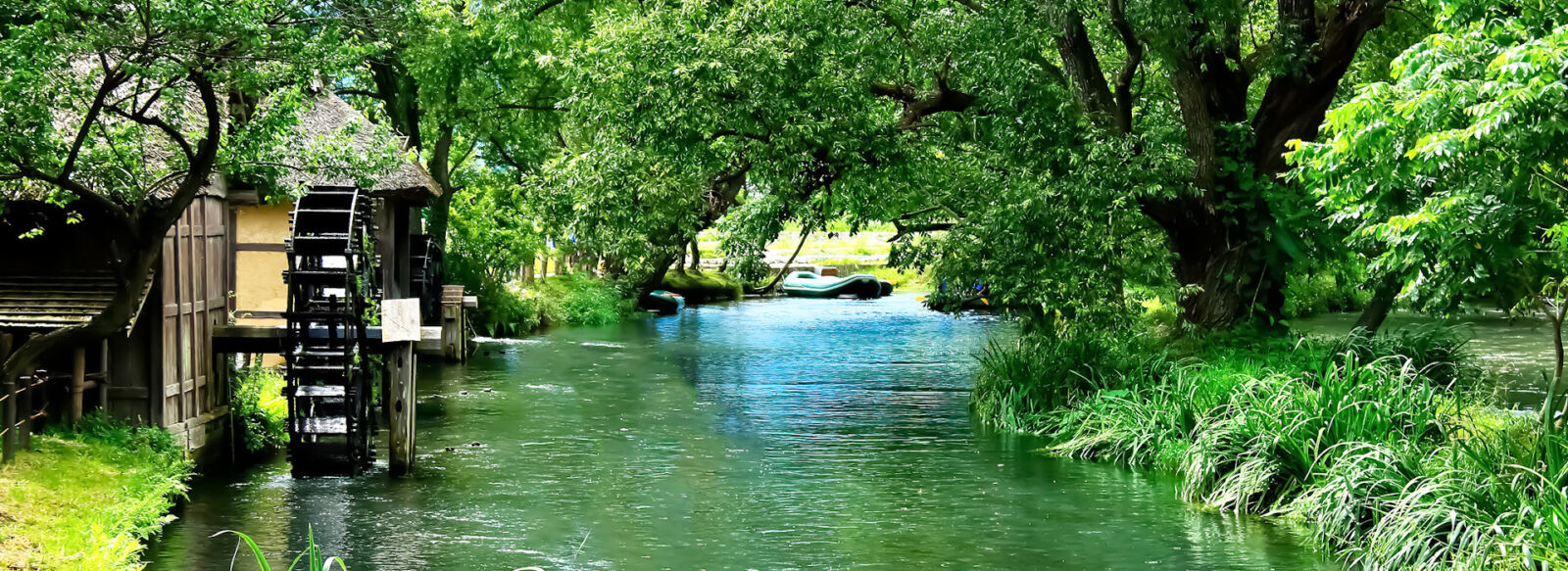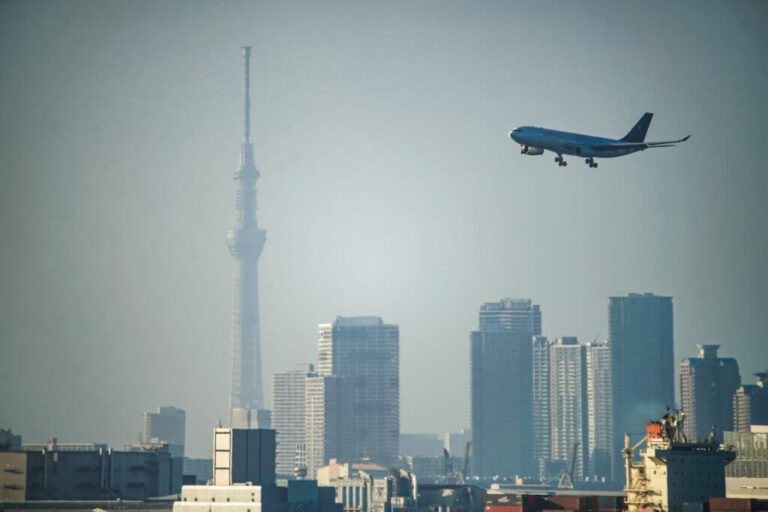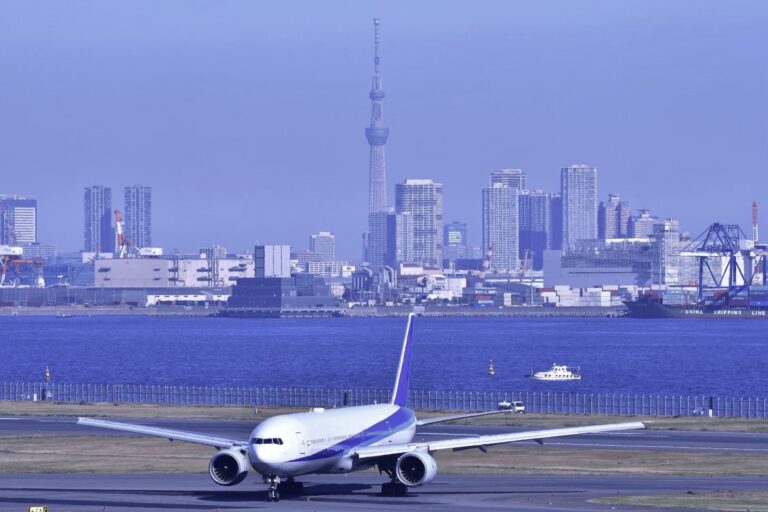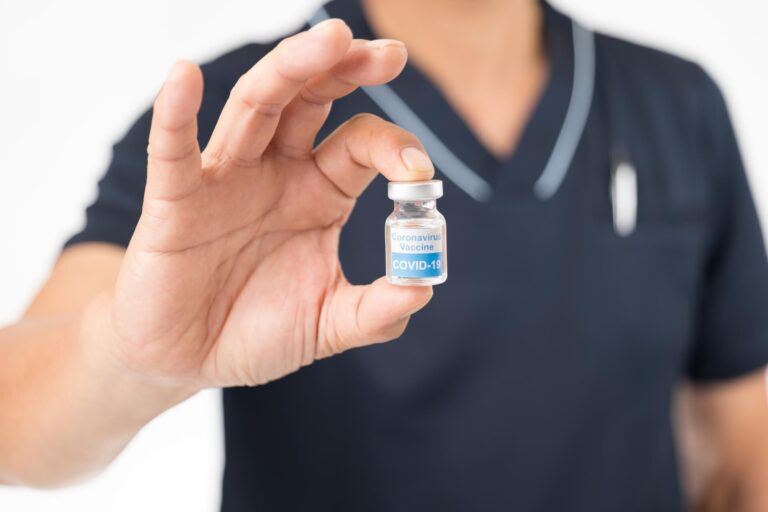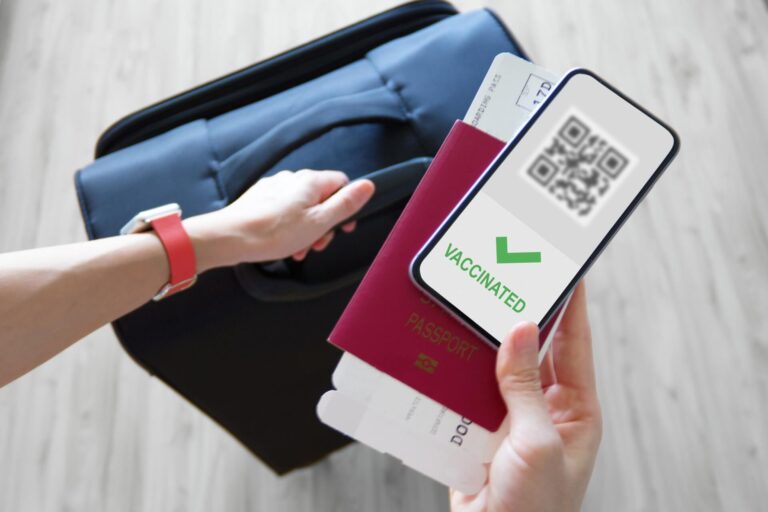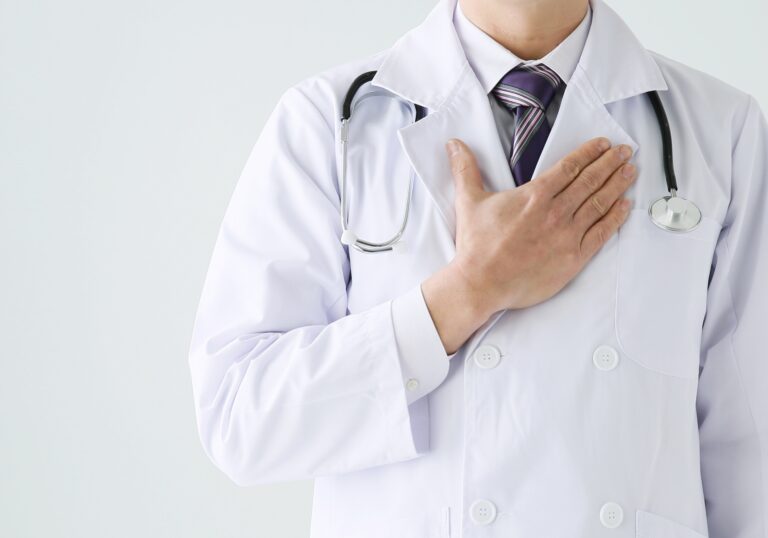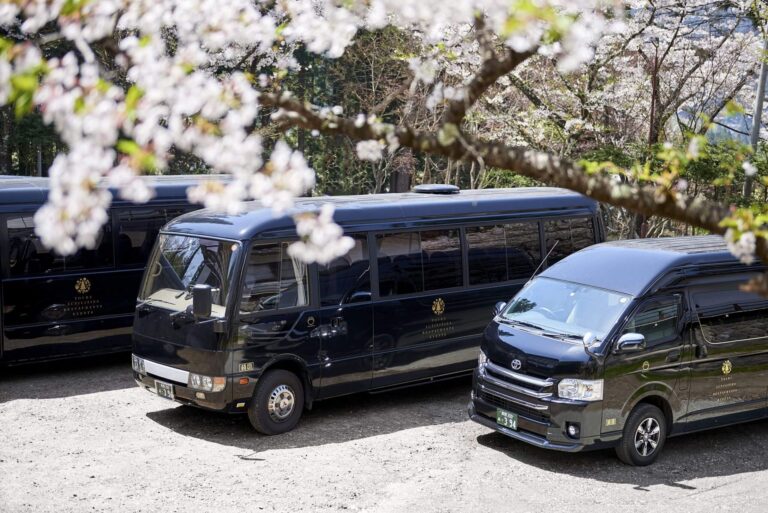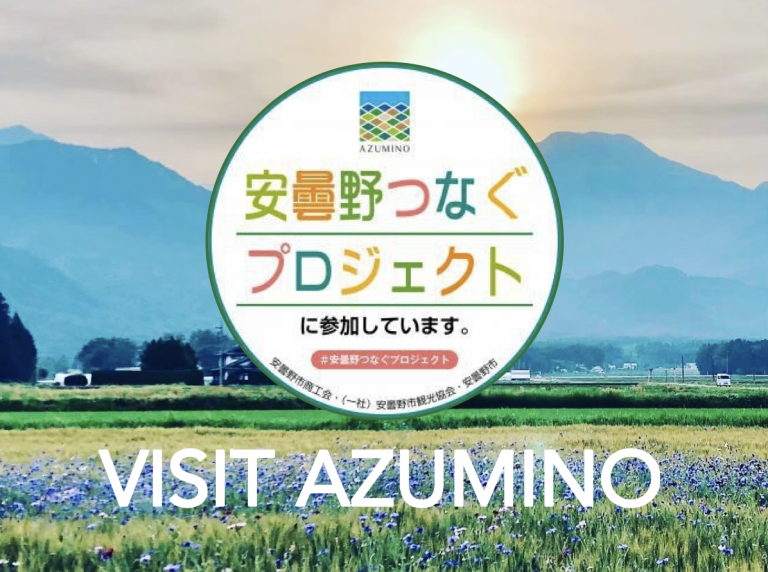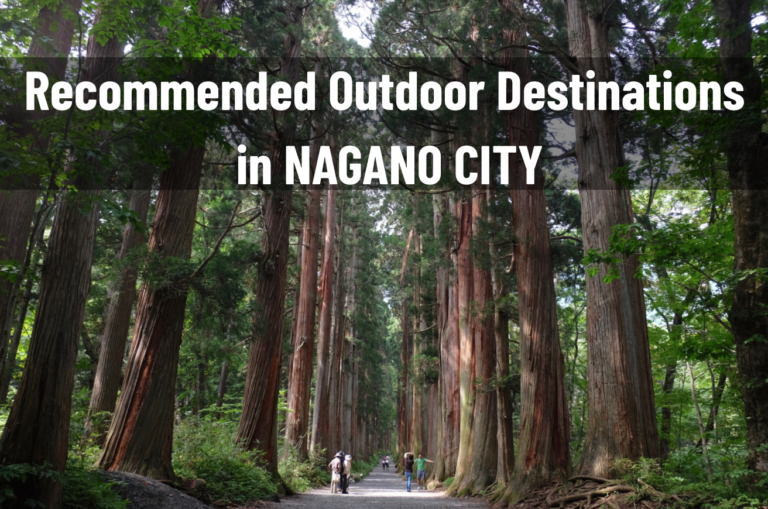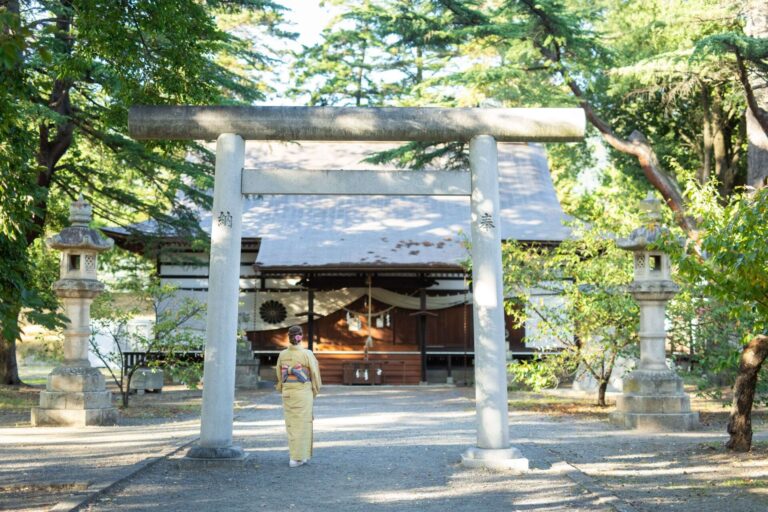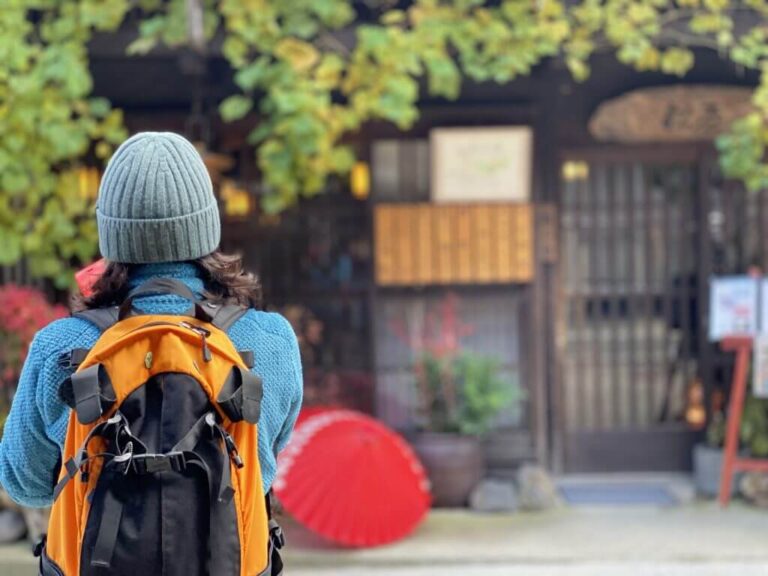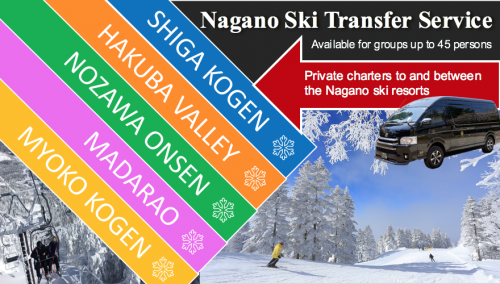Healthcare & Assistance During COVID-19
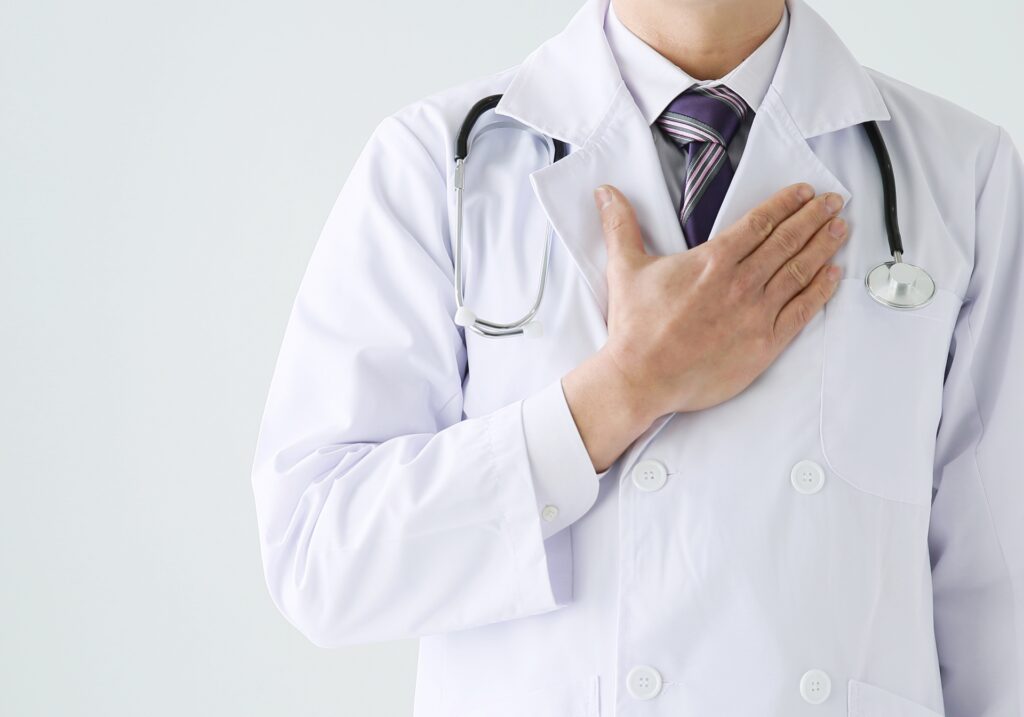
COVID-19 has had a significant impact on travel to and from Japan and is likely to have an ongoing affect on life here for some time yet. The following page is intended to provide accurate and relevant information for people planning to visit Japan from aboard, along with those already here and planning to travel between prefectures for tourism purposes.
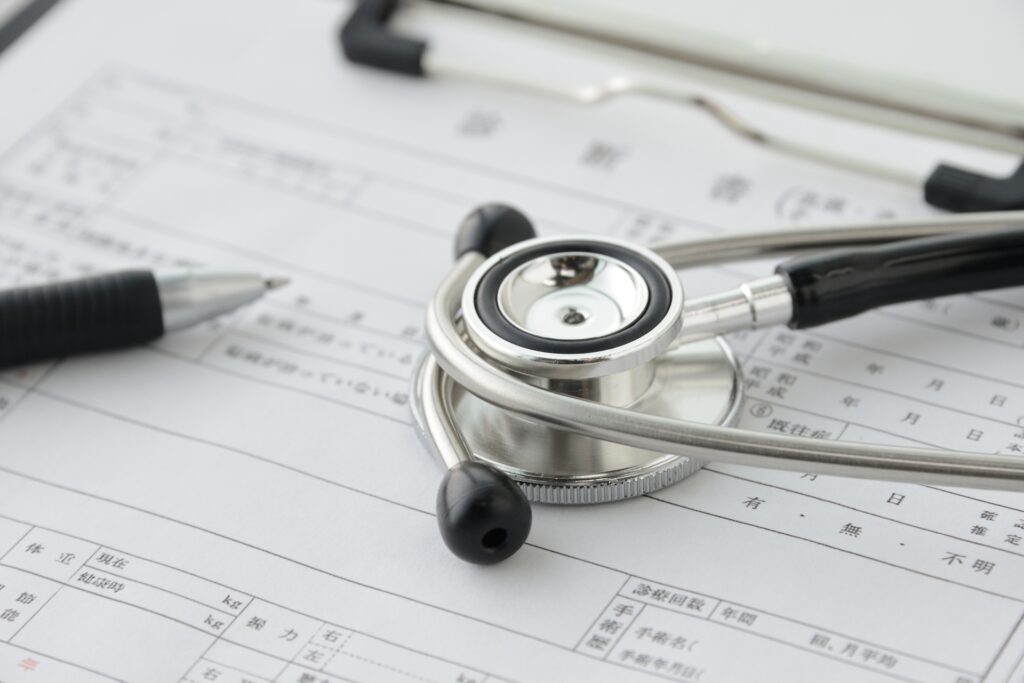
The information provided this page is intended for international travellers and foreign nationals entering Japan for tourism purposes. While the information may be useful for foreign residents in Japan, it is not intended as a guide for entitlements and services available to those living in Japan. This page includes the following information:
1 / Healthcare in Japan: Clinics vs. Hospitals
2 / Attending a Japanese Hospital
3 / Foreign Language Services in Japan
4 / Hospitals in Nagano & Central Japan
5 / Japan’s Emergency Preparedness
6 / Foreign Embassies in Japan
7 / Insurance
8 / Japan’s COVID-19 Vaccination Program
We hope the following information is of assistance and that you have a safe and enjoyable time in Japan.
1 / HEALTHCARE IN JAPAN: CLINICS VS. HOSPITALS
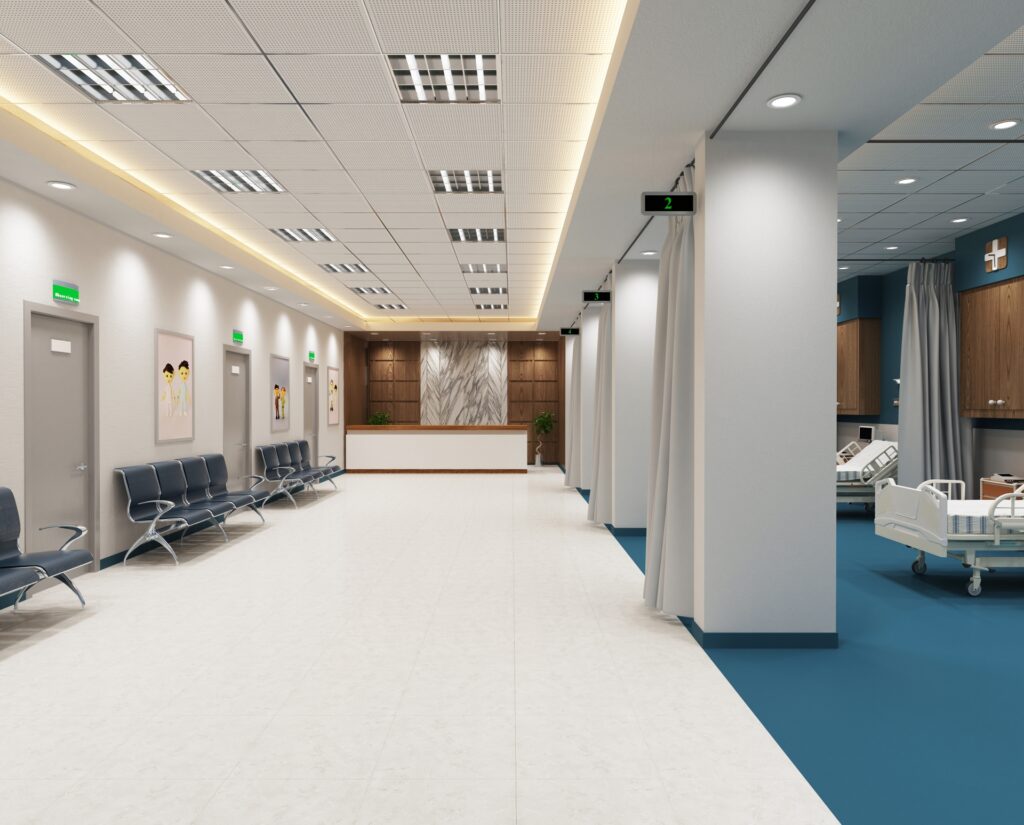
Japan has one of the world’s best health systems, evidenced by the fact that Japanese have the longest life expectancy. During your visit, we hope you won’t have any need to use the health system but should it be necessary, take comfort in the fact that you are in a country with world-class medical facilities. With that in mind, it’s worth noting how the health system is structured and what to expect. Should you require medical assistance the first thing you will need to decide is whether to visit a clinic or hospital.
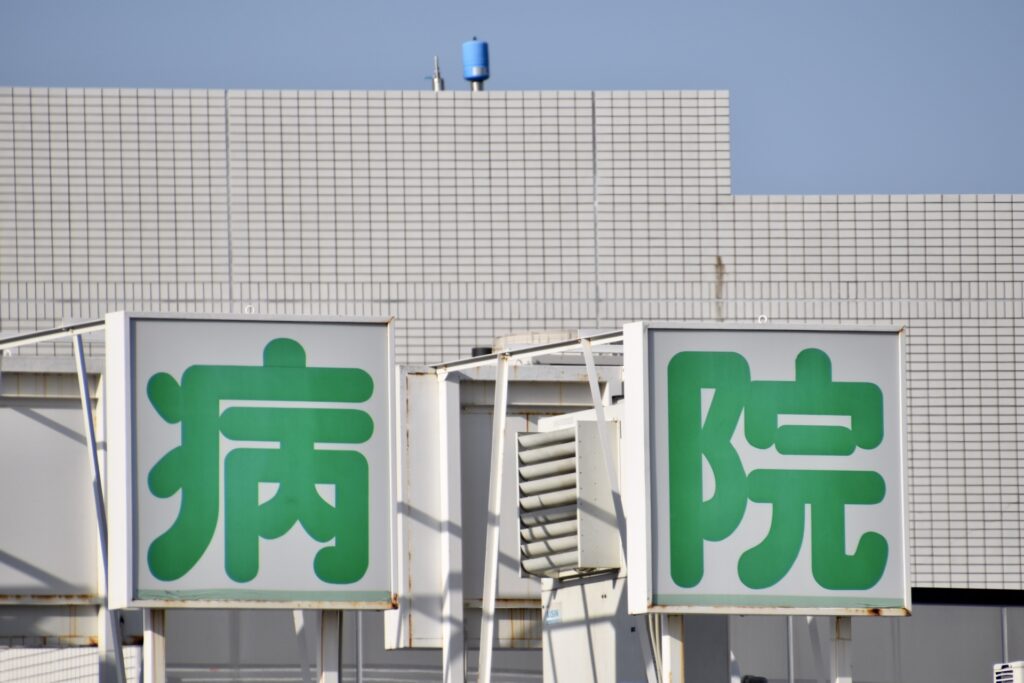
Clinics are located everywhere in Japan. Most accept walk-in patients however it is worth noting that they are often only staffed by one doctor and are likely to specialise in a specific field i.e. dermatology, etc. You are also unlikely to find many clinics with doctors, nurses and staff that speak fluent English or other languages. Clinics are an option should you illness not be serious however, in most cases – especially if you have concerns about COVID-19 – using a hospital will be your best option.
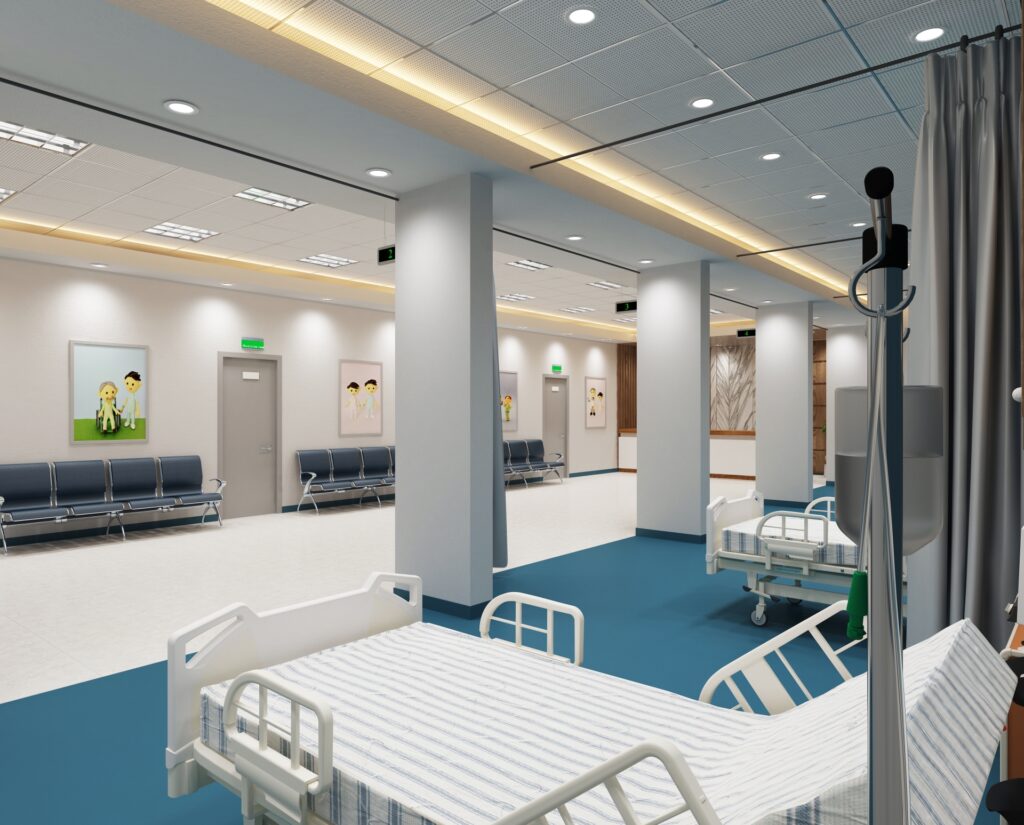
Unlike some countries, you do not need a doctors referral or emergency reason to visit a hospital in Japan. Most accept walk-in patients and offer a far greater range of facilities and services than clinics. You are also far more likely to find English or other foreign language services at hospitals; and while they may not be able to communicate fluently, it should be adequate to get your point across.
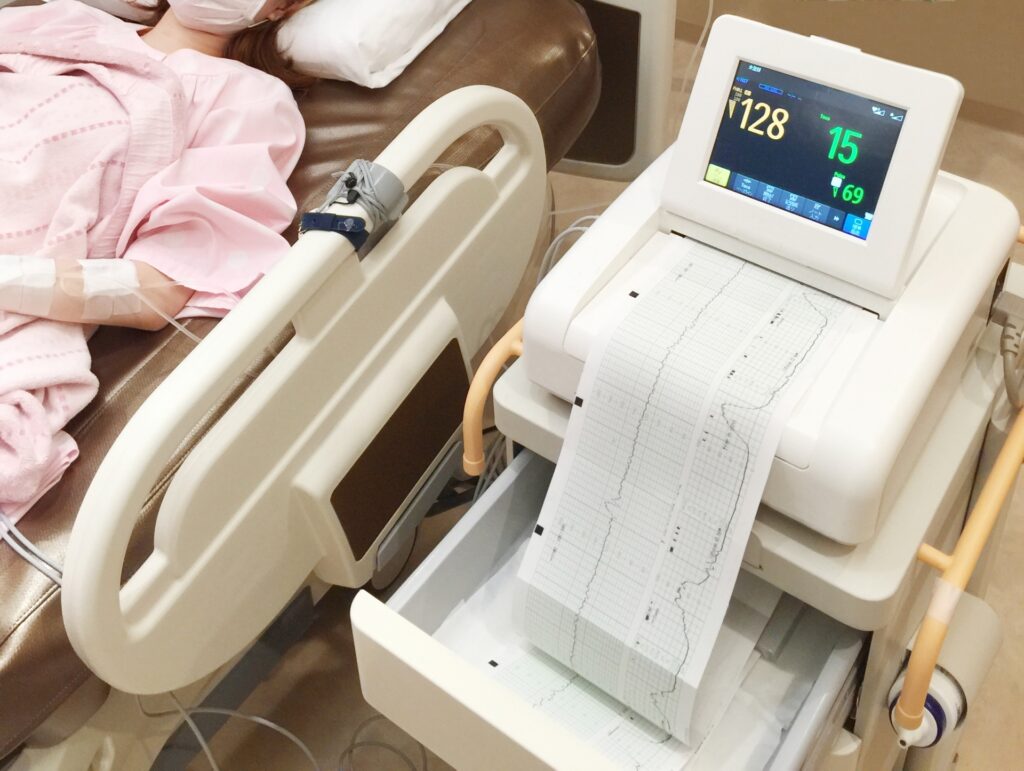
The trade-off with attending hospitals is that you will need to wait longer. However, ultimately it’s worth it therefore our recommendation is to use a hospital.
2 / ATTENDING A JAPANESE HOSPITAL
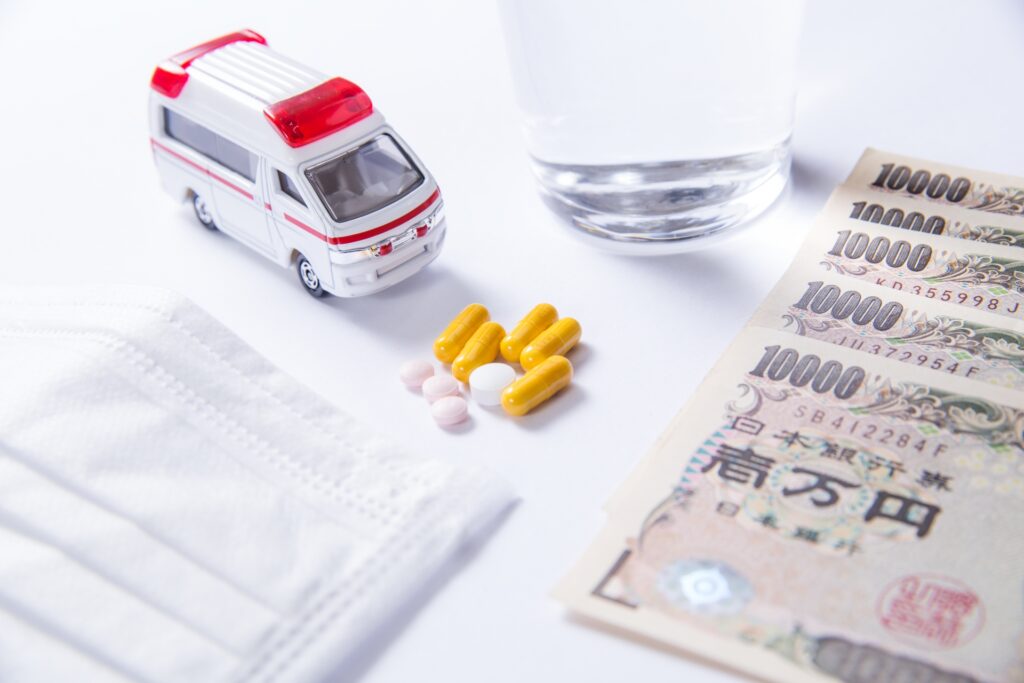
While procedures will vary between hospitals, they will generally follow a similar order. The first thing to note is that if you are attending a hospital in Japan, you are expected to wear a face mask. Regardless of the illness, this is considered normal and you may well be told-off if you don’t.
1 / Upon arrival, you will need to speak to the registration desk. They will collect some personal information from you and for international travellers, ask regarding your travel insurance*.
2 / You will then be directed to relevant area of the hospital to undergo assessment. Once your assessment/treatment is finished, you will be directed back to the registration desk. If you require medication, the doctor will hand you the prescription to take with you.
3 / At the registration desk, or nearby counter, you will be requested to complete payment.
4 / If you have been issued with a prescription, you will be directed to the pharmacy who will fill your prescription and receive payment for your medicine.
Most hospitals use a number system to direct patients to the correct floor and area, so even if you don’t speak Japanese, you should be able to navigate your way around the hospital without too much trouble.
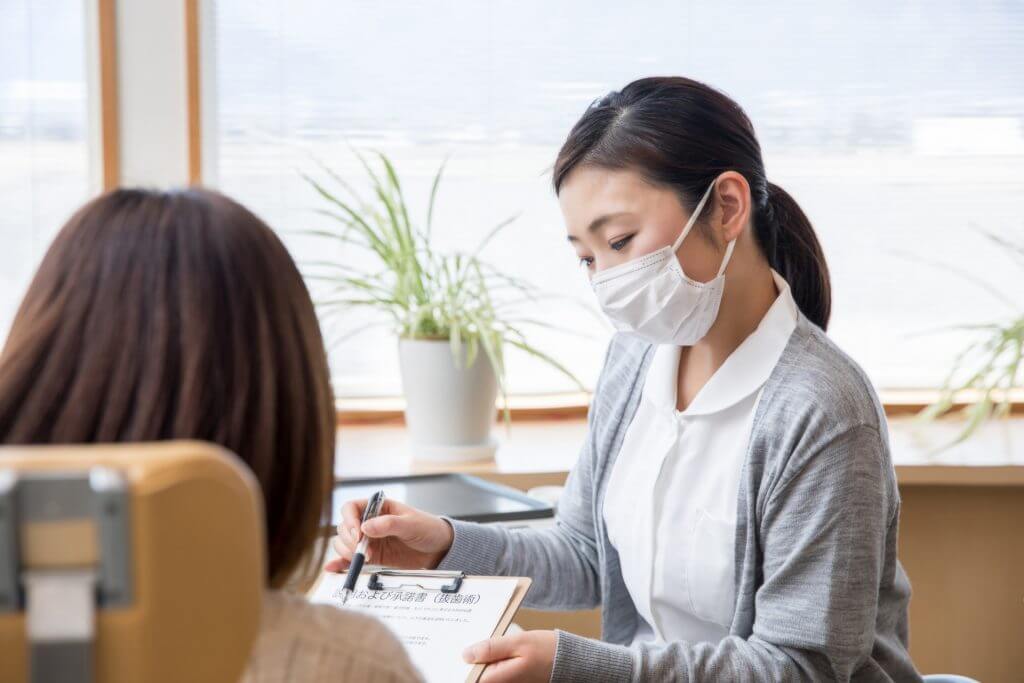
In the case of an emergency, it is worth noting that ambulances can be used free of charge in Japan, even for international visitors. Should you require one or one is called for you, rest assured that it is provided as a free service in Japan and you won’t be left with a nasty expense at the end.
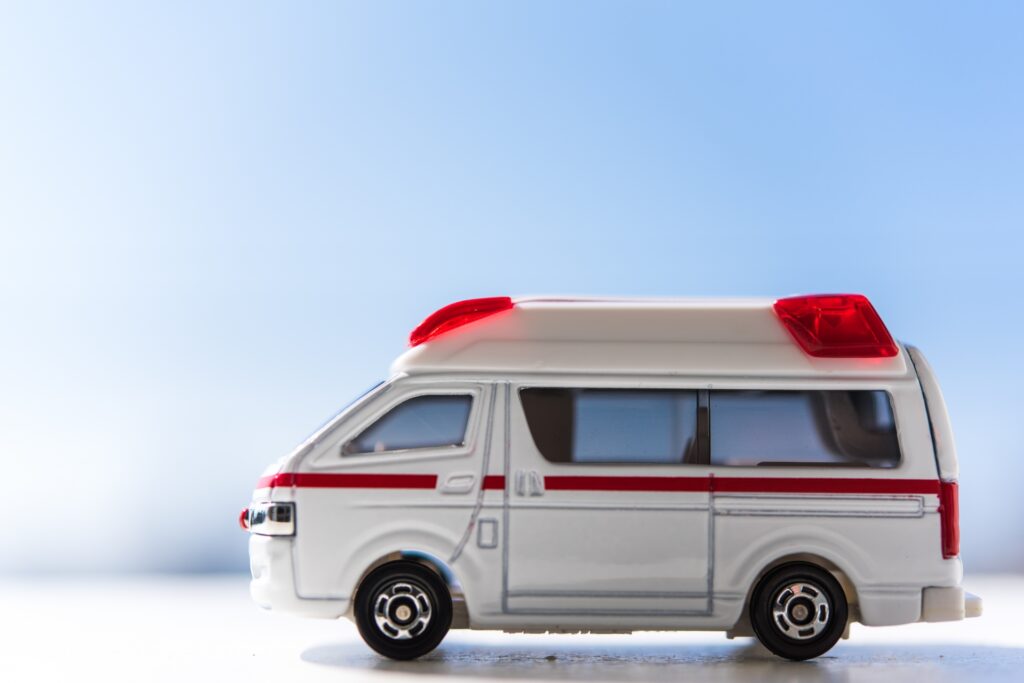
At this time, if you expect you have symptoms of COVID-19 and require a test or treatment in Japan, you are requested to first speak to a health services over the phone rather than attend a hospital or clinic unannounced. Please refer below for a list of foreign language services in Japan.
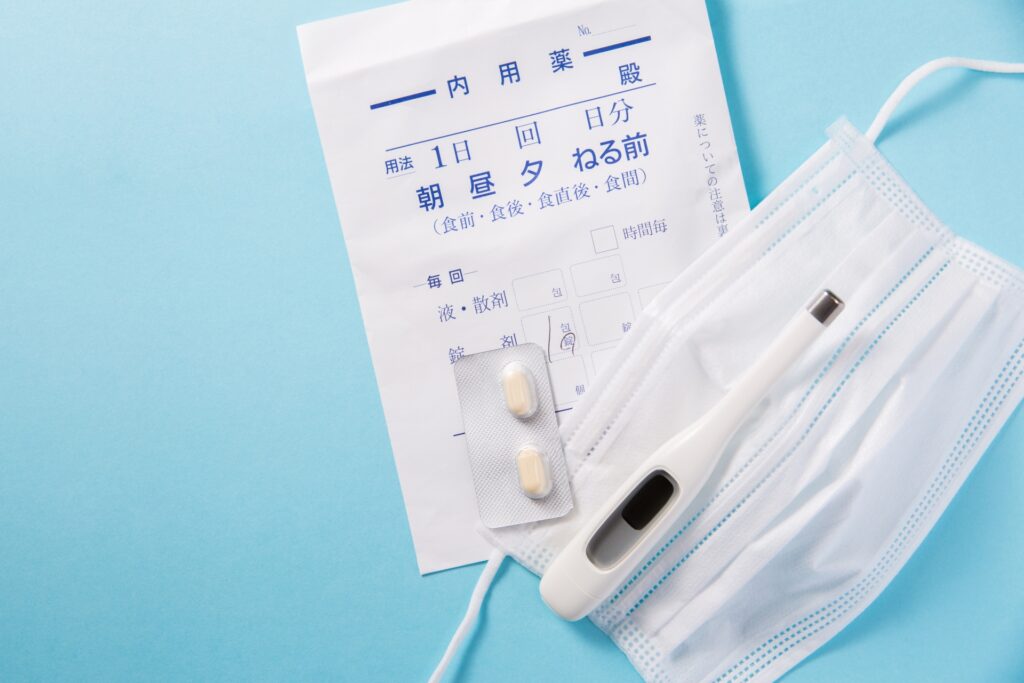
*If you don’t have insurance or evidence of your insurance, you will still be treated but be prepared for potentially expensive charges.
3 / FOREIGN LANGUAGE SERVICES IN JAPAN
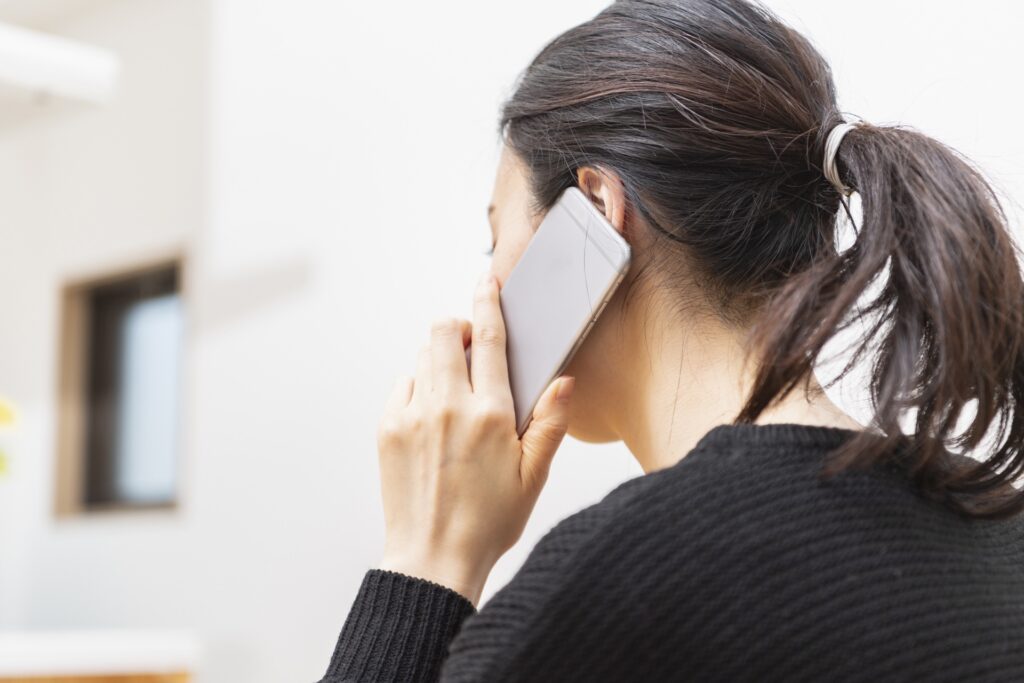
English is a compulsory language for all Japanese throughout their schooling. Despite this, many visitors to Japan are surprised by the apparent lack of English and other foreign languages spoken here. First impressions are however a little misleading.
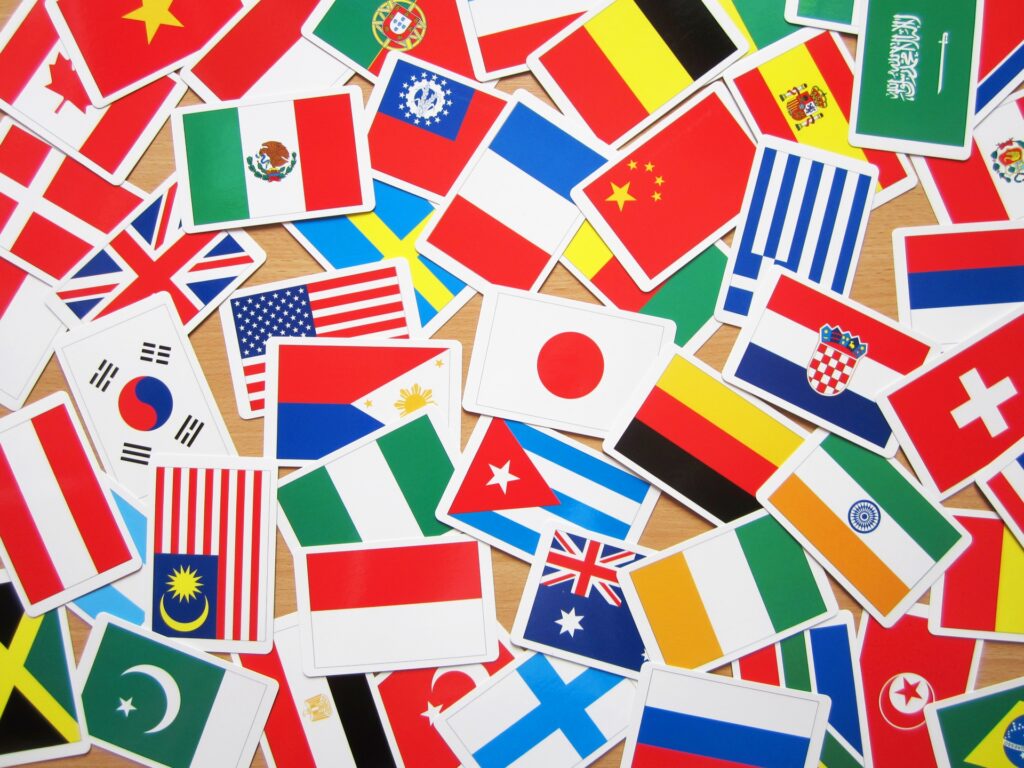
While Japanese learn English for the duration of their schooling, their tuition has a strong focus on reading and writing. Many Japanese read and write English at a high level but when it comes to speaking, they can lack confidence. This is likely the result of an education system that does not prioritise speaking nor encourage students to try.

This should however not be mistaken with an inability to speak English. Even if they are not confident speaking English, many Japanese have a good understanding and adequate vocabulary to comprehend what you are saying as long as you speak clearly, slowly and politely. Remember, Japanese borrows a lot of words from English so you can often get your point across by just slowing down and using plain language.
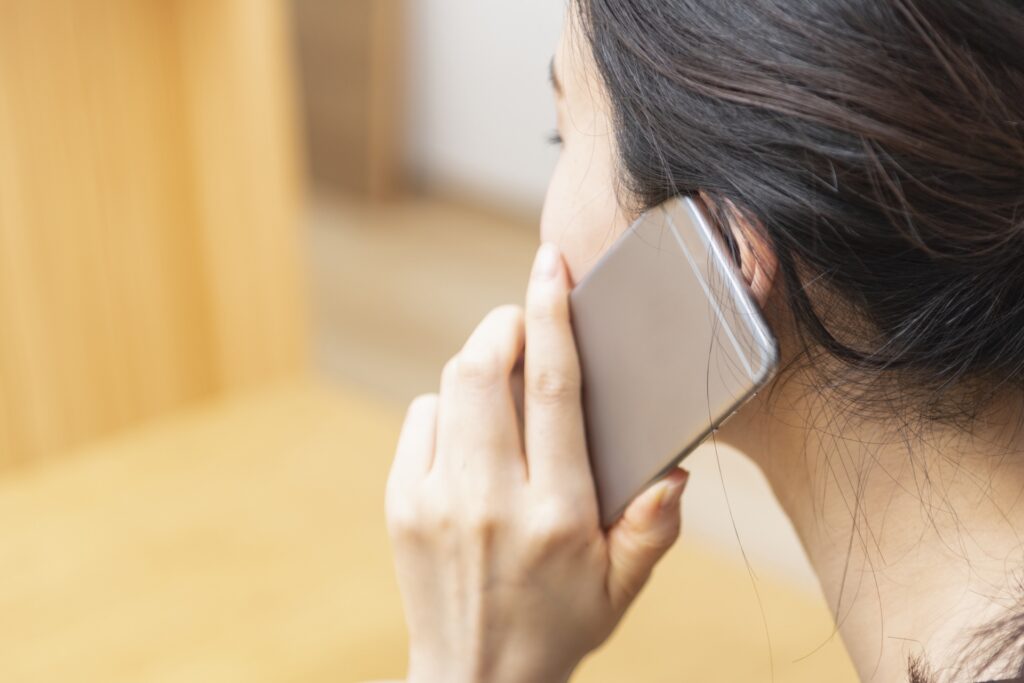
Should you require fluent English or other foreign language assistance while in Japan, the following services are available.
If you are in Tokyo and displaying symptoms of COVID-19, the Tokyo COVID-19 Call Center is staffed by English, Chinese, Korean and Japanese-speaking operators / 0570-550-571 from 09:00 to 22:00 daily. Their website also provides useful information regarding what to do, should you have symptoms of COVID-19.
If you are in Nagano, the Nagano Multilingual Call Center for Traveler Support is available 24 hours and can provide assistance for any travel-related matter, including seeking medical attention.
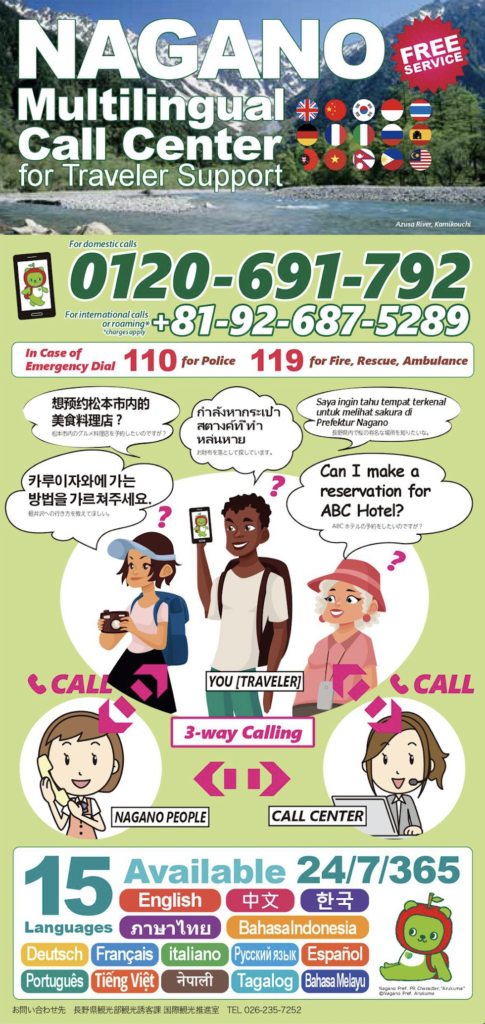
The call centre can be contacted on 0120-691-792 (inside Japan) or +81-92-687-5289 (outside Japan), and offers the following languages: English / Chinese / Korean / Thai / Bahasa Indonesia / German / French / Italian / Russian / Spanish / Portuguese / Vietnamese / Nepali / Tagalog / Bahasa Melayu.
4 / HOSPITALS IN NAGANO & CENTRAL JAPAN
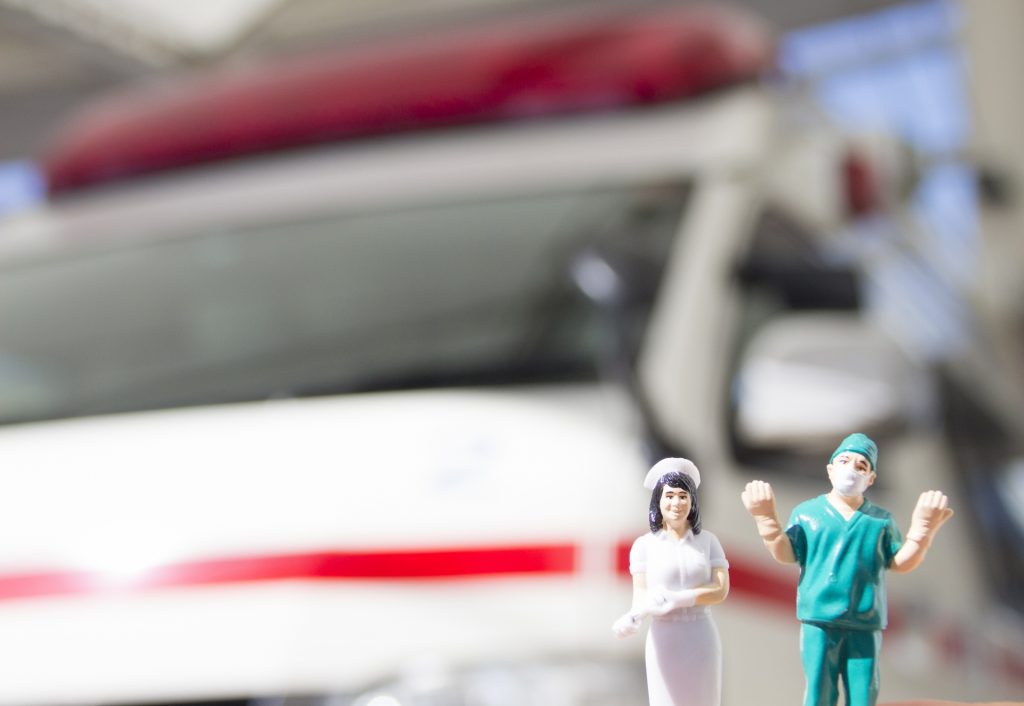
For international visitors in Nagano City requiring medical treatment, the Nagano Red Cross Hospital is your best option. It is less than a 10-minute drive to the south of Nagano Station therefore can be reached easily by taxi. The hospital has some English-speaking nurses and doctors and though it can’t be guaranteed they are available to assist, this is the largest hospital in the region and is your best chance of finding foreign language services.
Should you need to take a taxi to the hospital, you can show the driver this text:
長野赤十字病院 / 〒380-8582 長野県長野市若里五丁目22番1号
In Japanese, Nagano Red Cross Hospital is pronounced “Nagano se-ki juu-ji byo-in”. Please note, if you are seeking medical attention in relation to COVID-19 do not use a taxi or attend the hospital announced. First, please use one of the numbers above to seek advice and direction to medical assistance.
Nagano City also provides the following online resource to search regional medical facilities by language, locality and available resources.
Outside of Nagano City, there are many hospitals serving Central Japan. The Japan National Travel Organization (JNTO) provides a good online resource for locating hospitals throughout Japan, which can be searched by location, available languages, medical departments, and payment methods. It is an excellent resource when requiring medical treatment while in Japan.
5 / JAPAN’S EMERGENCY PREPAREDNESS
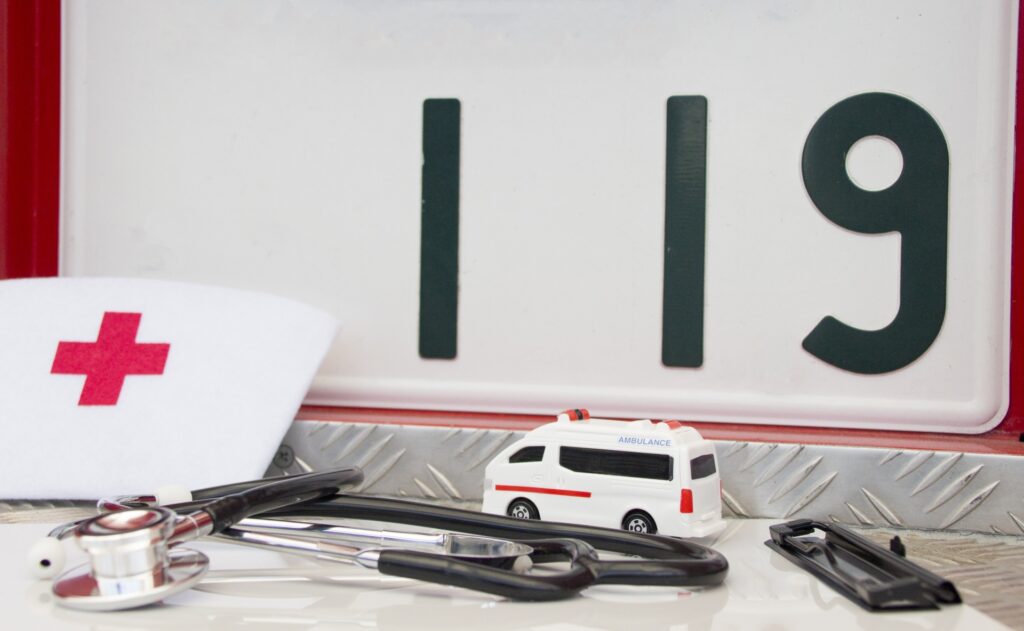
As the most seismically active country in the world, Japan is used to its share of earthquakes and other challenges. The regularity and earthquakes and natural occurrences including typhoons and consequent flooding, volcanoes and tsunamis are simply part of life in Japan.
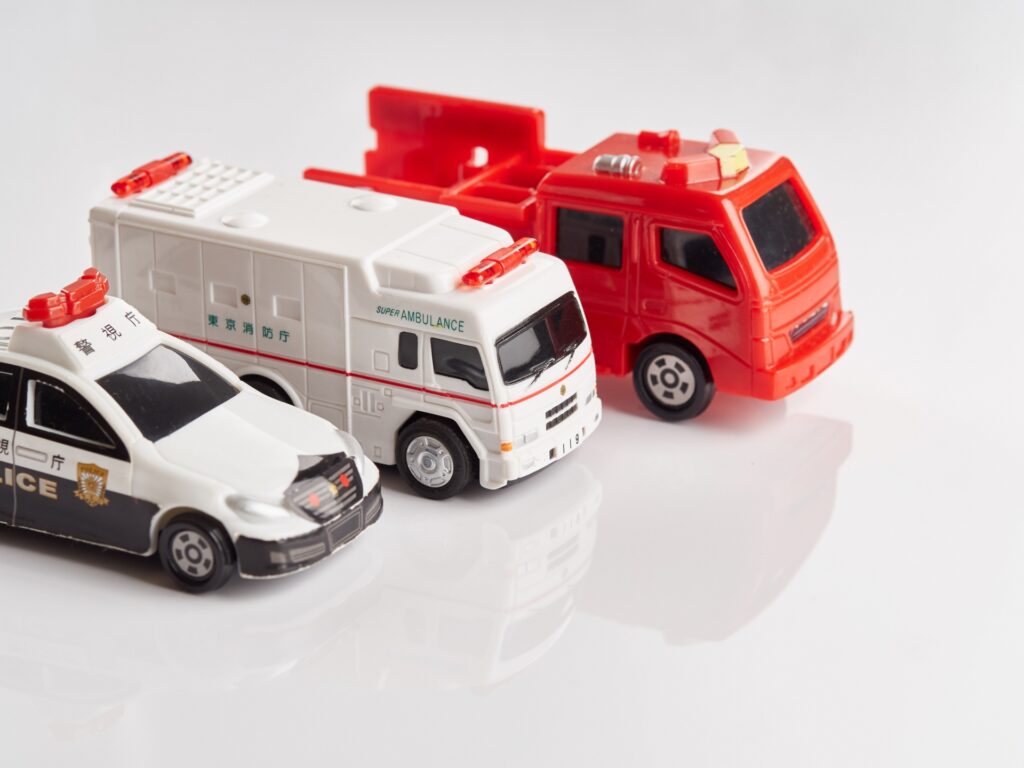
Japanese have long lived with, and risen to the challenge presented by, these events and in recent decades have developed one of the world’s best early warning system and emergency response networks – systems which worked well during the earthquake and tsunami of 2011 and large typhoon which struck in 2019.
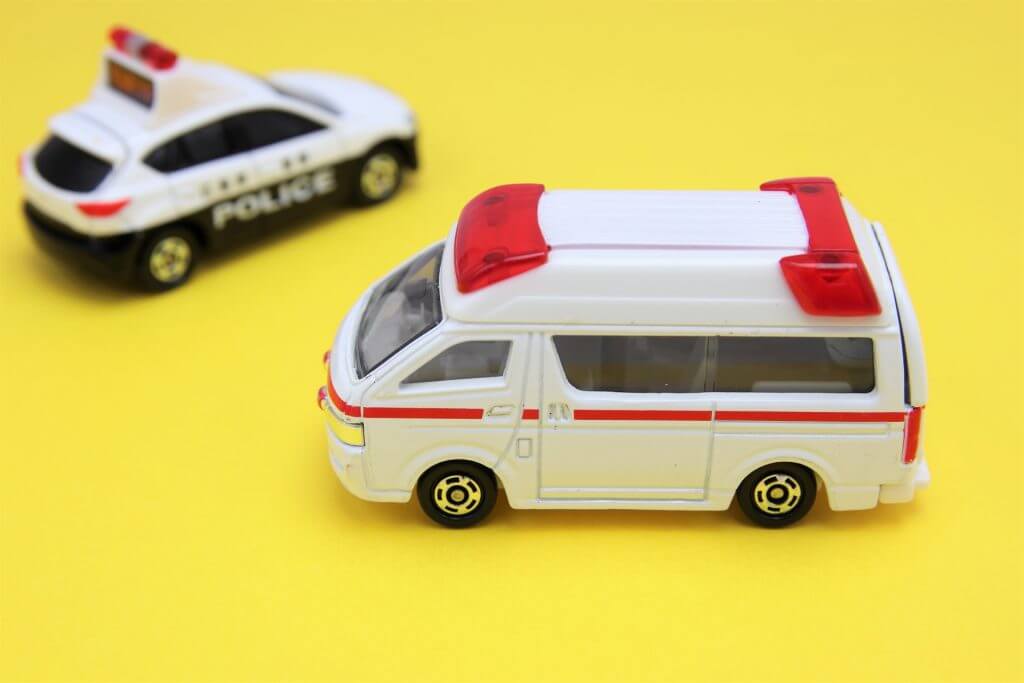
Similarly, from a young age Japanese are taught what to do in emergency situations and to follow public announcements and directions during times of crisis. As such, Japan and the Japanese people are well-placed to respond to the challenge of COVID-19. Should you be here at a time that COVID-19 recurs or disrupts travel and movement, rest assured that you will be well looked after. For more information, including information about Japan’s ‘Emergency Warning System’ (EWS), see our ‘Getting Assistance in Japan’ page.
6 / FOREIGN EMBASSIES IN JAPAN
Many countries maintain embassies and consulates in Japan. Passport-holders of the following countries should refer to their appropriate embassy or consulate for further information regarding COVID-19 advice and assistance:
Argentina / Australia / Belgium / Brazil / Canada / Chile / China / Denmark / Finland / France / Germany / Greece / Indonesia / Ireland / Israel / Italy / Korea / Malaysia / Mexico / Netherlands / New Zealand / Norway / Philippines / Portugal / Russia / Singapore / South Africa / Spain / Sweden / Switzerland / Taiwan / Thailand / Turkey / United Kingdom / United States / Vietnam
7 / INSURANCE
Always take-out travel insurance which includes medical cover prior to entering Japan. While Japan is a very safe country, it is not a perfect country and unfortunate things can happen. Should you require medical treatment and you do not have insurance that covers it, you will still be treated but may well be left with a very expensive charge at the end. Ensure that your travel insurance includes adequate medical cover and we recommend checking what cover it provides should you require treatment, isolation or travel cancellations due to COVID-19.
8 / JAPAN’S COVID-19 VACCINATION PROGRAM
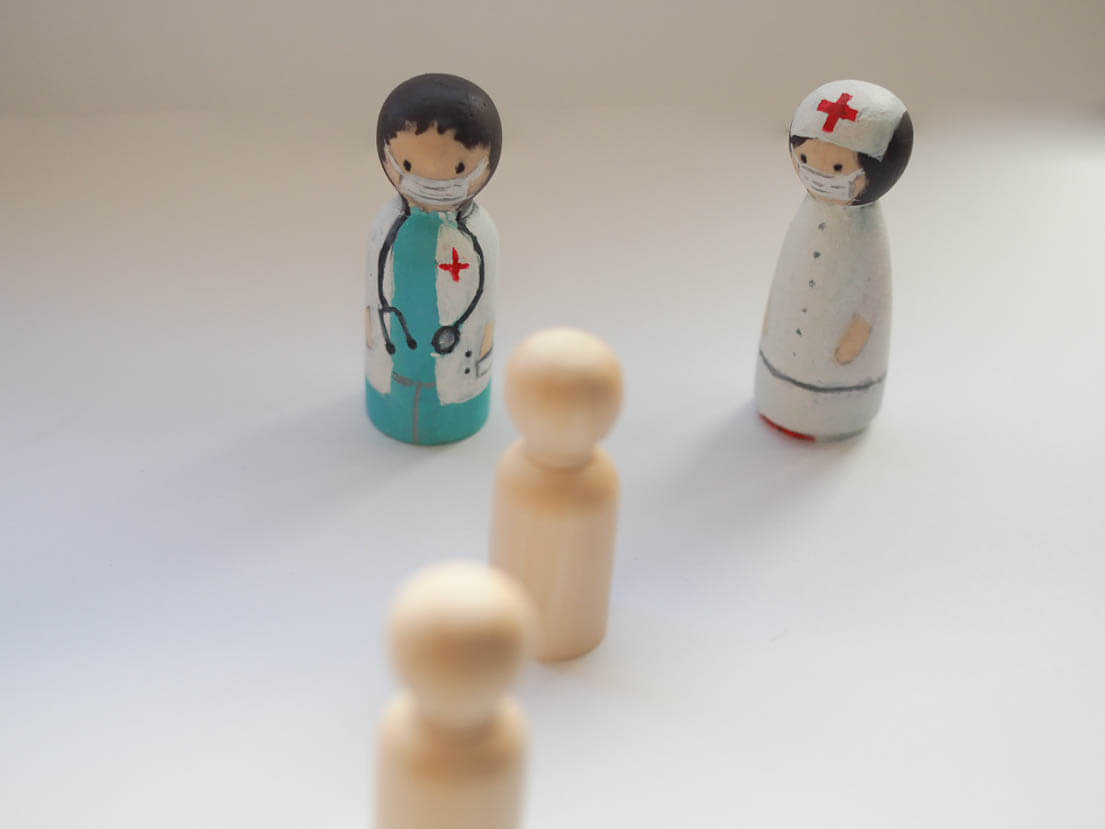
Get the latest news and information about the roll-out of Japan’s COVID-19 vaccination program including which vaccines will be used, when and who will be vaccinated, and whether you need to be vaccinated to travel here.



